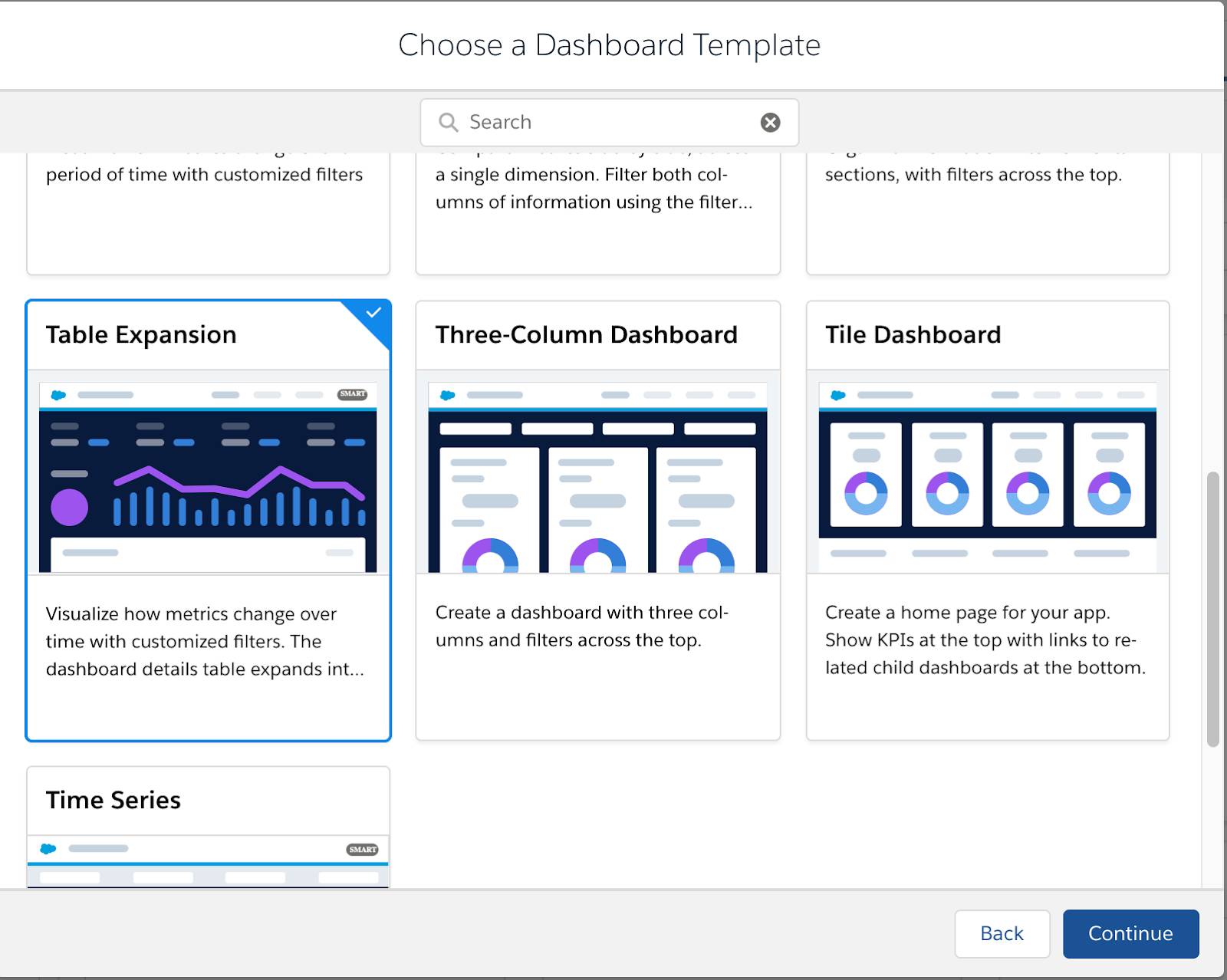
Salesforce Commerce Cloud Einstein: Complete Buyer's Guide
Enterprise-grade AI personalization platform
Salesforce Commerce Cloud Einstein represents the enterprise-grade AI personalization platform embedded within Salesforce's comprehensive ecommerce ecosystem. Einstein leverages machine learning algorithms to deliver real-time product recommendations, predictive search sorting, and automated merchandising workflows that adapt to individual shopper behavior patterns [39][45].
Market Position & Maturity
Market Standing
Einstein's strategic market position centers on deep ecosystem integration rather than standalone AI capabilities. Unlike point solutions, Einstein operates as a native component of Salesforce Commerce Cloud, enabling unified customer profiles across CRM, Marketing Cloud, and ecommerce platforms [40][51].
Company Maturity
Einstein's company maturity benefits from Salesforce's established enterprise infrastructure and financial stability. As a component of Salesforce's broader customer experience platform, Einstein leverages the company's cloud-based architecture and enterprise-grade security frameworks that support large-scale retail operations [40][51].
Growth Trajectory
Growth trajectory aligns with Salesforce's broader enterprise expansion, though specific Einstein adoption metrics remain limited in public documentation.
Industry Recognition
Industry recognition includes positioning within major analyst evaluations, though specific rankings vary across research firms [46][47].
Strategic Partnerships
Strategic partnerships within Salesforce's ecosystem create additional market advantages through pre-built integrations and unified support structures.
Longevity Assessment
Einstein's organizational backing provides buyer confidence in long-term platform viability and continued development investment.
Proof of Capabilities
Customer Evidence
Black Diamond Equipment provides the most comprehensive validation of Einstein's capabilities through documented A/B testing results. The outdoor gear retailer achieved 15.5% increase in revenue per visitor and 9.6% higher conversion rates when comparing Einstein against their previous third-party personalization solution [48].
Quantified Outcomes
Performance benchmarks from documented implementations show 15.5% revenue per visitor increases and 9.6% higher conversion rates through A/B testing validation [48].
Case Study Analysis
Cloud Kicks demonstrated successful enterprise implementation through their documented 17-step deployment process, achieving Commerce Insights for product bundling analytics within 60 days of deployment [39][43].
Market Validation
Market validation emerges through Einstein's integration within Salesforce's broader enterprise customer base, though specific adoption metrics and customer retention rates remain proprietary.
Competitive Wins
Competitive wins against third-party solutions are documented in the Black Diamond case study [48].
Reference Customers
Charlotte Russe was referenced in Salesforce press releases regarding Einstein capabilities [40].
AI Technology
Einstein's AI foundation centers on embedded machine learning algorithms that analyze shopper behavior in real-time to deliver personalized experiences without requiring dedicated data science expertise [39][45].
Architecture
The technical architecture leverages Salesforce's cloud infrastructure to handle large catalogs and high transaction volumes through automated workflows that reduce manual merchandising requirements [40][51].
Primary Competitors
Einstein's primary competitive advantage centers on deep Salesforce ecosystem integration rather than standalone AI capabilities [40][51].
Competitive Advantages
Competitive strengths include omnichannel consistency maintaining personalization across web, mobile, and social channels [40][51], enterprise scalability handling large catalogs and high transaction volumes, and ecosystem integration reducing data silos across sales and marketing functions.
Market Positioning
Market positioning reveals complexity across analyst evaluations, with Gartner's Magic Quadrant evaluating 18 vendors in digital commerce platforms [46] while Forrester notes no clear Leaders in B2C commerce for 2024 [47].
Win/Loss Scenarios
Win scenarios favor Einstein for enterprise retailers with existing Salesforce infrastructure, complex omnichannel requirements, and substantial technical resources. Loss scenarios typically involve smaller retailers seeking cost-effective personalization, organizations preferring specialized AI tools, or implementations lacking adequate data foundations for Einstein's requirements.
Key Features

Pros & Cons
Use Cases
Integrations
Pricing
Featured In Articles
Comprehensive analysis of Retention for Ecommerce for Ecommerce businesses and online retailers. Expert evaluation of features, pricing, and implementation.
How We Researched This Guide
About This Guide: This comprehensive analysis is based on extensive competitive intelligence and real-world implementation data from leading AI vendors. StayModern updates this guide quarterly to reflect market developments and vendor performance changes.
54+ verified sources per analysis including official documentation, customer reviews, analyst reports, and industry publications.
- • Vendor documentation & whitepapers
- • Customer testimonials & case studies
- • Third-party analyst assessments
- • Industry benchmarking reports
Standardized assessment framework across 8 key dimensions for objective comparison.
- • Technology capabilities & architecture
- • Market position & customer evidence
- • Implementation experience & support
- • Pricing value & competitive position
Research is refreshed every 90 days to capture market changes and new vendor capabilities.
- • New product releases & features
- • Market positioning changes
- • Customer feedback integration
- • Competitive landscape shifts
Every claim is source-linked with direct citations to original materials for verification.
- • Clickable citation links
- • Original source attribution
- • Date stamps for currency
- • Quality score validation
Analysis follows systematic research protocols with consistent evaluation frameworks.
- • Standardized assessment criteria
- • Multi-source verification process
- • Consistent evaluation methodology
- • Quality assurance protocols
Buyer-focused analysis with transparent methodology and factual accuracy commitment.
- • Objective comparative analysis
- • Transparent research methodology
- • Factual accuracy commitment
- • Continuous quality improvement
Quality Commitment: If you find any inaccuracies in our analysis on this page, please contact us at research@staymodern.ai. We're committed to maintaining the highest standards of research integrity and will investigate and correct any issues promptly.